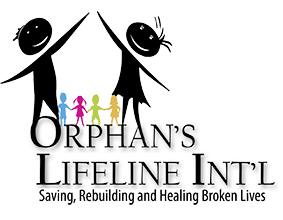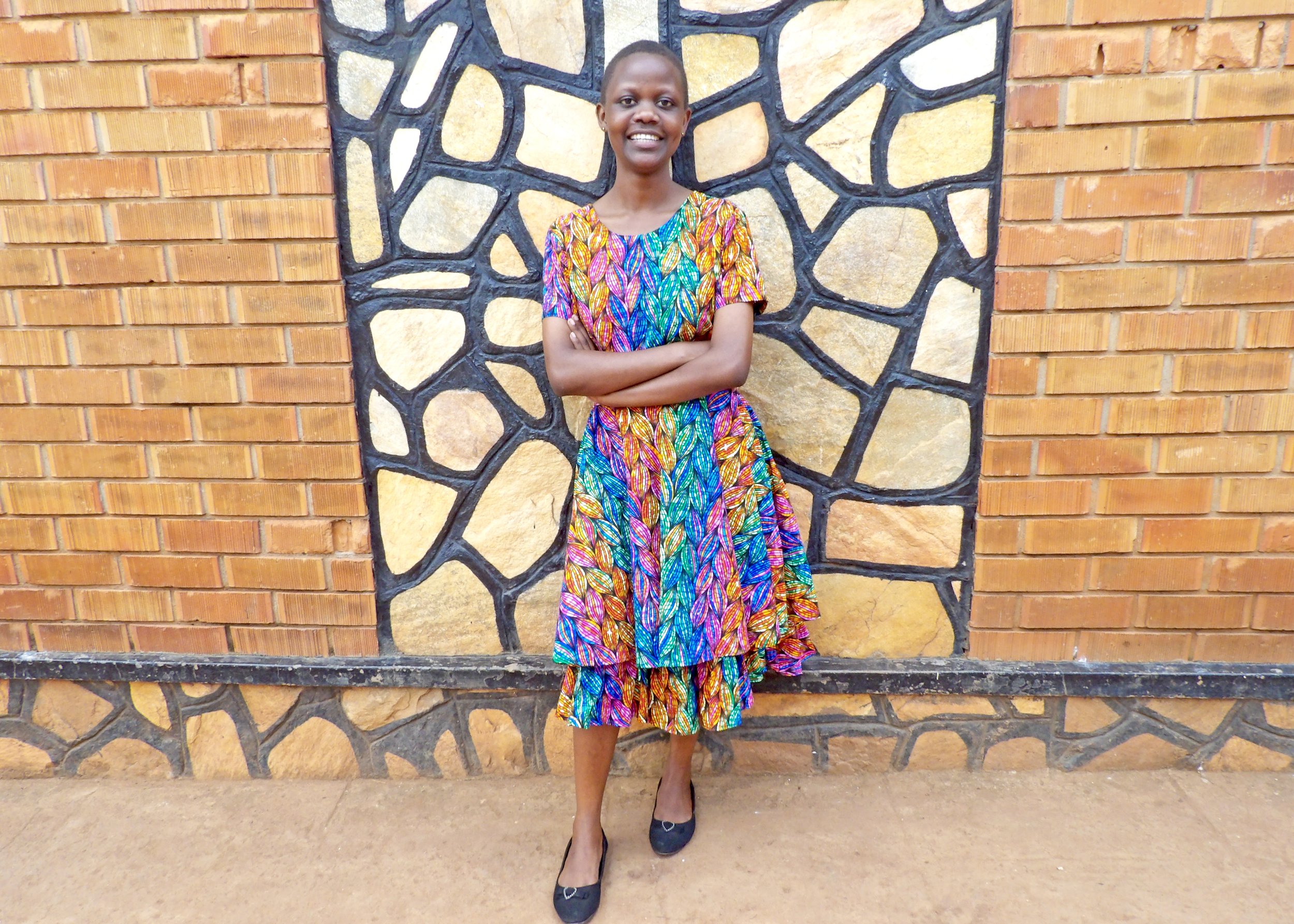Judith’s Miracle
What is Judith’s miracle?
It certainly had nothing to do with her early childhood. She didn’t experience anything miraculous there.
She was born to a mother that was ill much of the time and couldn’t properly care for her; and a drug-addicted father who spent more time in prison than he did at home with his family.
There was never enough to eat. Judith suffered from malnutrition.
Somewhere along the way in her common, yet personally tragic story, her mother divorced her father and married a new man. Her new stepfather did not bring a happy twist to her story though. He was not her miracle.
In fact, he wanted nothing to do with her. When Judith was just nine years old, her mother died. The stepfather kept the house, but he didn’t keep her; sending her to live with a neighborhood family that cared, but couldn’t provide. She slept on the floor and her malnutrition deepened as the family struggled to feed her and their own children. The new family would not become her miracle. In fact, it wasn’t long before they took her to the authorities and Judith was abandoned once again. She recalls the way she felt as having been cut by a knife. Her heart was broken and suddenly she was completely and utterly alone. The loss of her mother and abandonment by her father and stepfather were crushing blows to her fragile, young mind and soul. Why did no one want to simply love her?
The authorities took her to Nantale’s Lifeline Children’s Home and introduced her to the kind woman in charge. She recalls being scared because she had heard stories of children being sold into prostitution. Even sold to the rich for their organs. One could imagine the fear of the unknown that she must have felt in those first moments.
But she recalls that the kind eyes and smile of the woman in charge, were what first touched her heart a little and belayed the fears. Then the children gathered around her, smiling from ear to ear, hugging her and welcoming her into their home. Her home. The fears melted away and for the first time in a very long time, she felt hope. But this was not Judith’s miracle.
The director of the home recalls how tiny and sick that Judith was when she first came to the home. But after a single nutritious meal, she saw a sparkle in her eyes and knew she would be fine.
Judith spoke no English when she came to the home, but within no time she was speaking and writing fluently and now has near perfect English.
Judith learned how to sew, making dresses for the younger girls, how to cook and became a natural leader to the younger children. She excelled in school and learned about Jesus and His perfect love. She now leads Bible studies and teaches the younger girls what she has learned herself. She loves to help them memorize scripture.
She is now 19 years old and a senior in high school, preparing herself for higher learning at a university. What was once a hopeless and lost little soul, has blossomed into a young woman whose heart is filled with hopes and dreams. And while she will never forget her early childhood and the emptiness of those years, void of love, void of hope, she now understands why. She understands why those things happened to her and is determined to live a life that embodies the principles and love that she has experienced in this home, surrounded by people that love her, immersed in learning and education as well as God’s Word. She knows what it takes to break the cycle that left her broken and alone.
She has found her family. Finally. But this is not Judith’s miracle.
Judith’s miracle is something even more profound. And it is all about love. And the source of that love.
Judith learned at a very young age, that love doesn’t necessarily come from where or who it should come from. She learned that affection and love are two different things. And she learned that the depth of love has everything to do with the source and that some people are just not capable of real love. The kind of love that has action behind it. The verb.
She knows now that her mother loved her because she was her daughter, but that her mother was simply a product of a perpetuation of cultural norms. Her mother was a part of the machinery that produces orphans in her country at a steady rate. A cog in the machinery that leaves young children abandoned and alone. So was her father and her stepfather. Neither one had contributed to her life. In fact, they had taken away from her life. They simply hadn’t loved her.
We all value by comparison and Judith is no different. But, her early childhood gives her a unique perspective on life and love.
While she is amazed and forever grateful for all she has been given and for all of the love she has been shown in the actions of the other children, as well as the caregivers and social workers, she has taken it one level deeper, simply because she asked two questions to herself. How and why?
How is it that she ended up in this loving home, filled with everything she needed, not just to survive, but thrive? Who made it possible and why?
She asked herself another question. “How can strangers whom I have never met or even seen, love me more than my parents and relatives who abandoned me?”
And she knows it is because of God. She knows she is experiencing the kind of love that Jesus showed when He was here on this earth. She knows that is His example of love that has been given to her these past ten years.
She puts it this way: “I thank you my dearest sponsors. You are so precious in my life. I don’t know what I would have done without you. You gave me a chance to know who I am. It is a miracle to me to be loved by people I do not know and I have never seen. May the Almighty bless you and your family in everything you do.”
Judith’s miracle is you.


